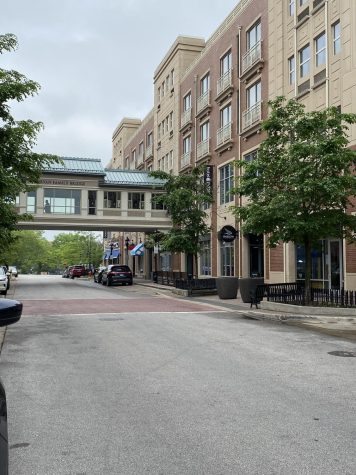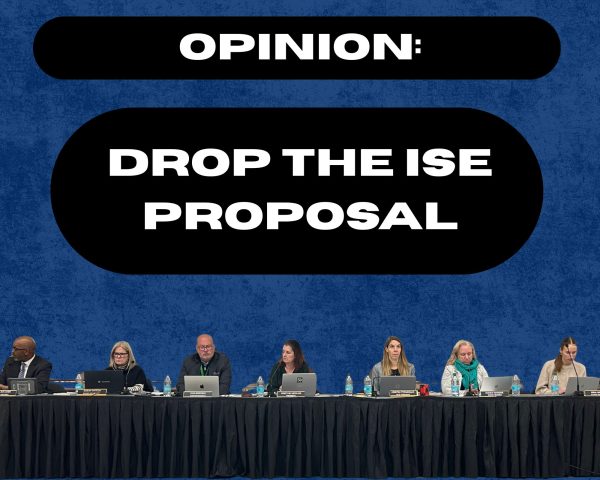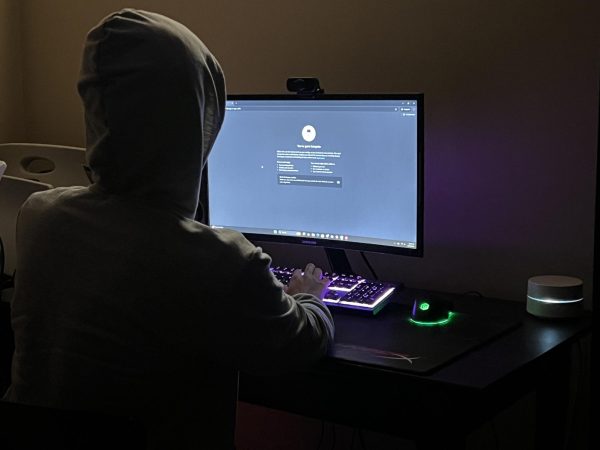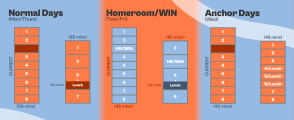Staff editorial: Meaningful student input is what the schedule really needs
Naperville North High School and District 203 administration worked hard throughout the pandemic to implement procedures that served the student body well. But when it comes to the decision to change next semester’s schedule, the administration left the student body out of the loop on a change that affects their daily lives.
On Oct. 18, District 203 officials unveiled a new period that they will add to the high school schedule, placed between second and third period on Tuesdays and Thursdays. The new multipurpose homeroom period will be 45 minutes long, shortening period lengths on those days. Homeroom classes and teachers will stay together for all four years of high school, and the period will provide time for social-emotional learning, academic help for students and activities that would normally take place during classes, like safety drills.
The school and district administration added this period without a formal mechanism for direct student input, and many students have mixed feelings about the new schedule.
Some students hope that the homeroom period will help them foster relations with their fellow classmates and feel more connected to the school community overall.
However, the new schedule has left many other students irritated, confused or apathetic. The administration has not shared much about what will take place during homeroom periods with the student body. Most of the information accessible to students is from district board meetings and whatever teachers individually share with their classes.
The new schedule presents other potential issues. It decreases class time twice a week, which could rush tests and labs. It also saddles students with three different bell schedules right after the daily schedule was changed four times last year.
Students wonder if this curriculum will follow the same format as Huskie CREW, which many see as a burden. They may also be hesitant to open up to a group of peers they hardly know, as proven by social-emotional learning periods that North has held in the past, including Huskie CREW and No Limits.
Overall, many students do not know if this new period will be helpful, and they do not want instructional time taken away for a multipurpose period in which people may be unwilling to participate in group activities.
Poor communication between the district and students has become a pattern, especially in the last couple of years. District administration instated the transition to a block schedule, along with multiple other schedule changes last school year, with little input from students. With the changing protocols of the pandemic, it would have been difficult to truly incorporate student input in the schedule changes last year. No such emergency exists this time.
Principal Posey said that the district constructed the new period based on previous feedback from student surveys during programs like Huskie CREW and No Limits. For adequate student data collection, though, there should have been a mechanism for direct communication between administration and students regarding the homeroom. If students were consulted on this specific issue, they could work with administrators to craft a program that both serves students and satisfies the district’s vision.
Students must be given a seat at the table when discussing issues that affect them directly. The district cannot truly serve a group, especially a group of young adults learning to advocate for themselves, without consulting them.
The district claims that student input is central to a good education: “Naperville Community Unit School District 203 believes an exemplary school district is the result of a collective partnership of students, staff, parents and community.”
To hold true to that belief, administrators need to make a deliberate effort to include students in their formation of new schedules or other fundamental changes to the school day. Students can provide valuable insight about their needs and what administration can do to best serve them. They need to be heard.












Peter Harrison • Dec 2, 2021 at 2:16 pm
Excellent article. Did Peter Harrison write this? He is such an articulate young man!
James • Dec 2, 2021 at 1:10 pm
This is very well written?